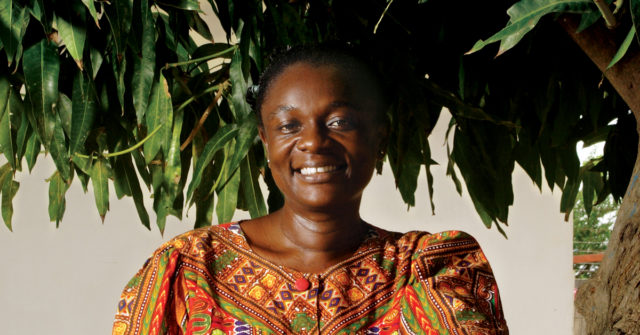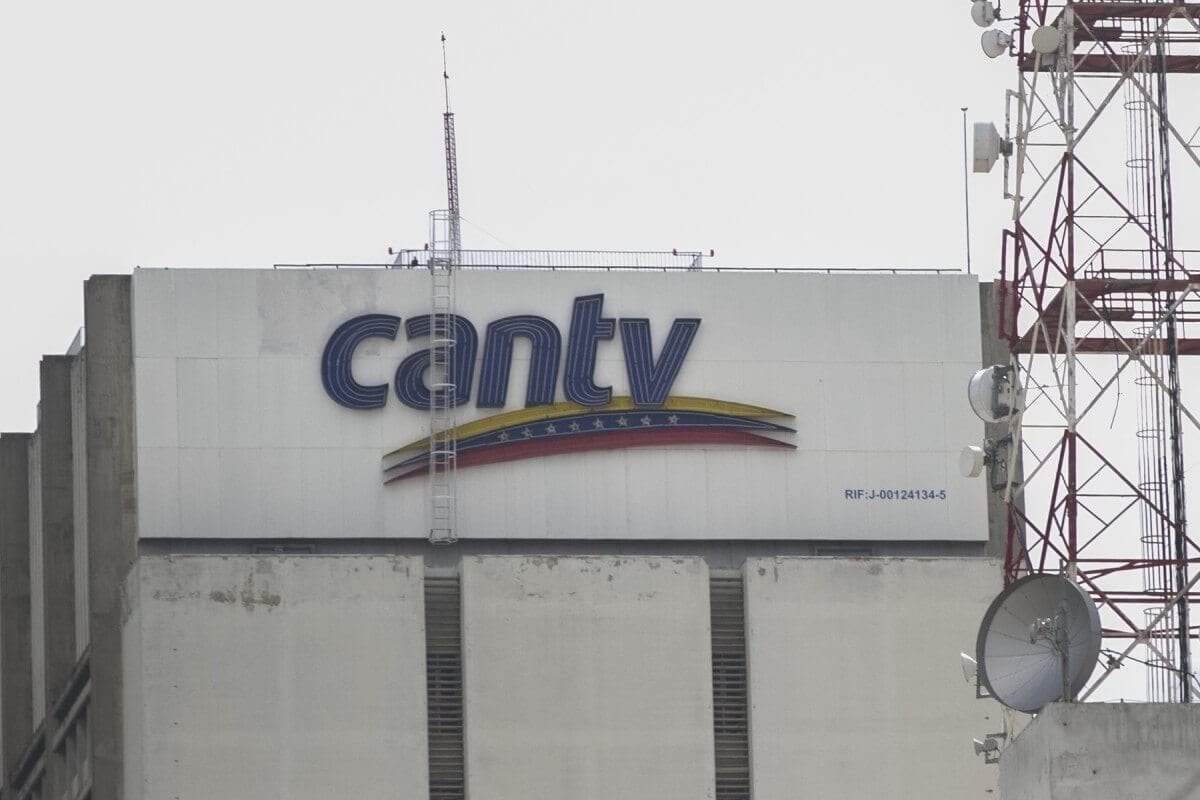The victims of human rights violations, activists, government officials, and the media were looking forward to June 15. On that day, the departing prosecutor of the International Criminal Court (ICC), Fatou Bensouda, was expected to announce whether she would continue the process of investigating crimes against humanity that occurred in Venezuela. However, the maneuvers of the Venezuelan attorney general appointed by the questioned National Constituent Assembly, Tarek William Saab, which included a request for judicial control, seem to have achieved the objective of delaying the announcement.
However, many people ignore the significance of the matter; For this reason, Venezuelan NGO Accesso a la Justicia considers it pertinent to clarify some doubts.
1. Why does the ICC have its eyes set on Venezuela?
The first thing to note is that the ICC, and in particular the Office of the Prosecutor, is conducting two preliminary examinations related to Venezuela. The first is called Venezuela I and was opened on February 8, 2018, to investigate possible crimes committed since April 2017.
The complaint made in November 2017 by the attorney general in exile, Luisa Ortega Díaz, accusing senior officials of the Venezuelan government of committing crimes against humanity such as extrajudicial killings, murders, enforced disappearances, massive arbitrary detentions, and torture, was the trigger, along with others, for the Hague-based Court to set its eyes on the country. In February 2018, the Office of the ICC Prosecutor began a preliminary ex officio examination of the situation in Venezuela.
Also, on September 27, 2018, six states parties to the Statute requested the Prosecutor’s Office to investigate crimes against humanity committed in the country since February 12, 2014. Despite this request, the reports of the ICC Prosecutor’s Office have so far focused on crimes allegedly committed since 2017.
The other preliminary examination, called Venezuela II, was referred by the Government of Nicolás Maduro on February 13, 2020, requesting the Prosecutor to initiate an investigation into alleged crimes against humanity committed “as a result of the application of unlawful coercive measures adopted unilaterally by the government of the United States of America against Venezuela, at least since the year 2014.”
2. What is a preliminary examination?
Before answering this, it is important to clarify that no case reaches the Court directly but rather has to go through the ICC Prosecutor’s Office first. For this, this body can initiate a first investigation process called a preliminary examination ex officio, by a referral from a State party or the United Nations Security Council. The investigation can also be initiated at the request of a nonparty State to the Rome Statute that accepts the jurisdiction of the Court over a case that occurred in its territory.
The preliminary examination is then a first investigation that aims to “determine whether there is a reasonable basis” to proceed to the next stage. In this examination, the Office of the Prosecutor may collect information “from States, United Nations agencies, intergovernmental or non-governmental organizations, or other reliable sources that it deems appropriate and may also receive written or oral testimony at the seat of the Court.”
3. How long does a preliminary examination take?
There is no time limit on how long a preliminary examination should take; some have lasted days and others more than a decade.
4. How complex and rigorous is this examination?
It is very complex and rigorous. The preliminary examination consists of four stages:
In Phase 1, an initial evaluation and verification of all the information received on alleged crimes are carried out.
Phase 2 focuses on determining whether there is a basis to believe that the alleged crimes are within the jurisdiction of the Court. The Venezuela II case, referred by the Maduro Government, is currently in this phase.
In phase 3, the Office of the Prosecutor must determine the seriousness of the crimes and whether the alleged perpetrators have been brought to justice. This is so because the jurisdiction of the Court is not direct but complementary to that of the national courts; this means that if the State moves to judge the perpetrators, the Court should not act. This phase also assesses the reach of the principle of complementarity.
In phase 4, the ICC prosecutor must assess whether the information collected is sufficient to proceed to the stage before the Pre-Trial Chamber. Specifically, the prosecutor must determine whether there is “a reasonable basis to believe that a crime within the jurisdiction of the Court has been or is being committed” (Rome Statute, 53.1.a) and whether it is in the interest of justice to do so.
An example that explains what the interest of justice is can be found in the case in which crimes within the jurisdiction of the Court have been committed but all the alleged perpetrators have died and, therefore, cannot be brought to trial. In such a circumstance, it would not be in the interest of justice to present a case in which there would be no one to judge.
5. Why was everyone awaiting an announcement on the Venezuela I case on June 15?
Because in November 2020 the Prosecutor’s Office indicated that it did indeed have “well-founded grounds to believe that crimes within the jurisdiction of the Court have been committed in Venezuela at least since April 2017.” Weeks later, the Prosecutor announced that she would shortly make public her conclusions on her office’s investigation into the situation in Venezuelan.
Specifically, the Prosecutor’s Office affirmed that it had reasons to believe that civil authorities, members of the armed forces, and civilian supporters of the Government have committed the crimes of imprisonment or other severe deprivation of physical liberty in violation of fundamental rules of international law; torture; rape or other forms of sexual violence of comparable gravity, and persecution against any identifiable group or collectivity on political grounds, according to article 7 of the Rome Statute.
Likewise, the Prosecutor’s Office indicated that it had reasons to believe that the alleged perpetrators of these crimes are members of the Bolivarian National Police (PNB), the Bolivarian National Intelligence Service (Sebin), the General Directorate of Military Counterintelligence (DGCIM), the Special Action Forces (FAES), Bureau for Scientific, Criminal and Forensic Investigations (CICPC), the Bolivarian National Guard (GNB), the National Anti-Extortion and Kidnapping Command (Conas), and some other units of the Bolivarian National Armed Forces (FANB).
In December 2020, the preliminary examination Venezuela I went from phase 2 to 3, and it is now in the phase of determining the seriousness of the crimes and whether the perpetrators have been tried or not by the Venezuelan justice system.
Going back to the question of why June 15, that day Bensouda left her position as prosecutor of the ICC and just a few days earlier she had announced her intention to present her conclusions on the preliminary examination of the Venezuela I case.
6. Why did Bensouda leave office without announcing her conclusions on the Venezuela I case?
She was prevented from announcing her conclusions by an appeal for judicial control introduced by the Venezuelan Government, in the person of the prosecutor Saab, before the Pre-Trial Chamber of the Court. In the filing, Saab accused Bensouda of not respecting due process and the right to defense, acting with discrimination, and failing to cooperate with Venezuelan institutions, something that she denied a few days ago. On June 15, the same day that the ICC prosecutor left office, the Pre-Trial Chamber responded to the appeal, but due to the confidentiality requested by the Venezuelan Government, the content of the response was not made public. However, the Venezuelan Public Ministry published a statement in which it stated that the Chamber’s decision did not address the merits of the matter but recognized the collaboration of the Maduro Government with the Prosecutor’s Office and invited the latter to continue cooperating in the process.
7. Why is the possible announcement of the start of an investigation a historic event?
Because it would be the first time that the ICC has opened an investigation in a case related to Venezuela and Latin America. Likewise, the doors would open for current and former officials, civilians, and members of the military to face trial given that the ICC has the competence of prosecuting individuals instead of States.
How does it affect Venezuelans?
The fact that Prosecutor Bensouda left office without announcing whether she would open an investigation against Venezuelan officials and civilians for the alleged commission of crimes against humanity is heartbreaking news, especially for the victims, most of whom have not succeeded in their search for justice in Venezuela.
Likewise, the lack of response from the ICC Prosecutor’s Office not only adds to the climate of impunity that prevails in the country but also leaves the victims in wait, for whom the ICC is the only hope of obtaining justice.
Translated by José Rafael Medina




